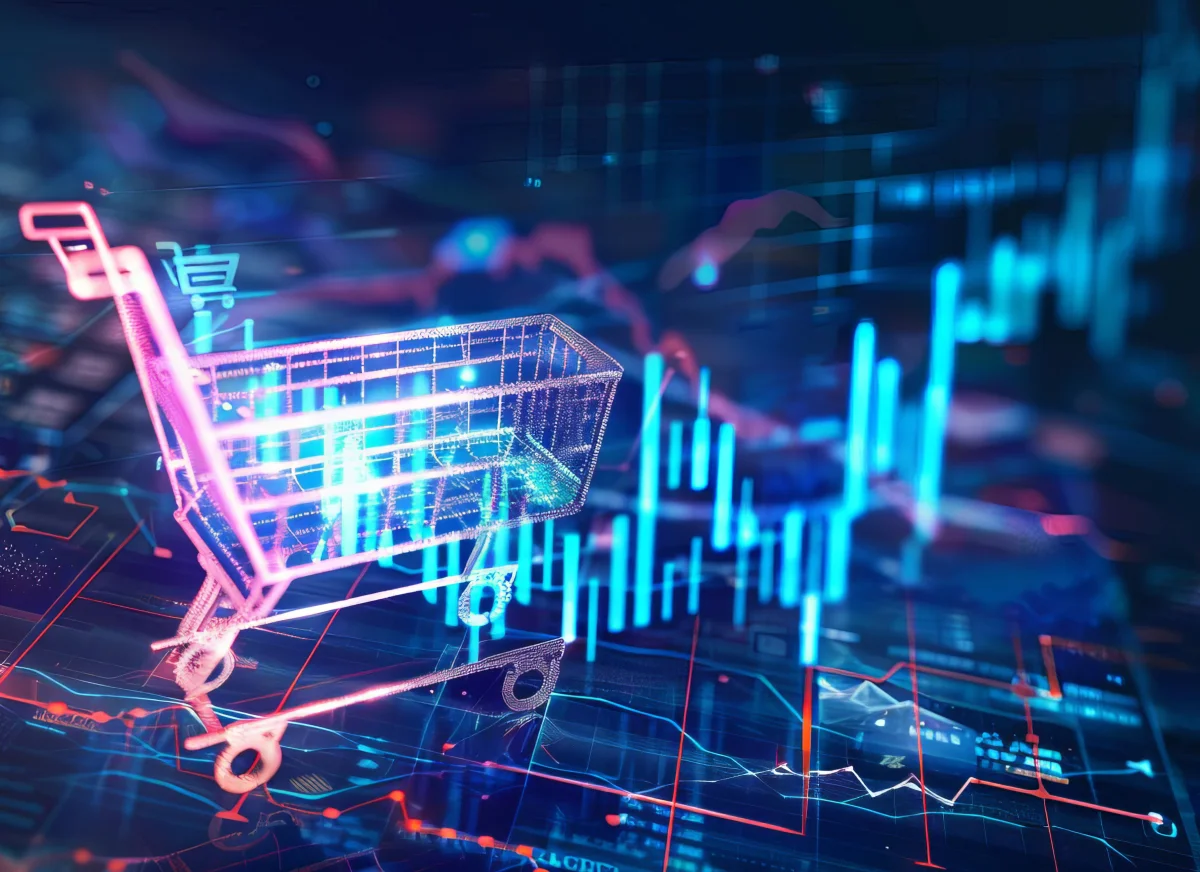Shifting Consumer Habits and the Evolving Online Retail Landscape in the UK

Retail Rebounds Online as Delivery Demands Rise
The Office for National Statistics' (ONS) most recent retail sales data presents a mixed bag for the British retail industry.
Despite a 2.9% increase in overall sales volumes for May, sales still lag pre-pandemic levels. While online retail has been difficult it is still the one area that is growing as a percentage of all retail.
Shifting Consumer Habits Drive Online Growth
The ONS has also reported that internet sales in May accounted for 26.2% of all retail sales.
While not as high as the peaks experienced during the run-up to Christmas nor peaks during the lockdowns in 2020 & 2021, it is still significantly higher than before the pandemic, higher even than pre-Covid Christmas peaks. The proportion of internet sales to total retail sales continues to show a steady rise year-on-year. Consumers are turning to online shopping for the convenience, instead of making costly trips to get their items.
The Delivery Challenge: Meeting Rising Expectations
The ongoing rise in online retail translates to a corresponding increase in home deliveries. As customer expectations for convenience, and transparency continue to rise, delivery companies and retailers need to adapt and invest in technology to meet consumer expectations.
In early 2024, Descartes surveyed 8,000 consumers in ten countries across Europe and North America to understand their sentiment for home delivery. The results revealed that 39% of the consumers had increased their online purchases. But it also showed that a 67% had encountered a delivery issue over a three-month period, and of those, 63% had taken some form of action against the store or delivery service. More shoppers are seeking low-cost delivery options, with speed of delivery being less important.
Delivery Companies Can Optimise for Success
Technology can help retailers and delivery companies meet evolving consumer demands:
Delivery Management Software:
Efficient delivery scheduling and route optimsiation is crucial with the growth in home delivery. AI-assisted route optimisation software quickly analyses factors such as traffic conditions, delivery locations, and driver availability to create the most efficient routes, minimising delivery times and fuel consumption.
Self-Select Delivery Times:
After a review of existing orders and delivery capacity available, Descartes’ reservation capability provides customers with the ability to select the own delivery window that is best for them at a cost they are prepared to pay at the point of sale. Lower (or no) cost “green” delivery slots can be highlighted to increase delivery density and save money.
Proof of Delivery:
Building trust with customers is essential. Electronic Proof of Delivery (ePOD) capture photographic and/or digital signatures when goods are delivered, providing both customers and retailers with a secure and verifiable record of a successful delivery. This not only reduces the risk of disputes but also streamlines the delivery and invoicing process.
Order Tracking and Delivery Notifications:
Being able to provide consumers with order tracking to notify them of delivery updates and to track the progress of their delivery on a map, reduces uncertainty and improves first time delivery rates.
Read how uncertainty affects customer delivery experience
Investing in a Seamless Delivery Experience
By implementing proven solutions delivery companies can provide a smooth and efficient delivery experience.
This translates to:
Precise Delivery Times:
- Optimised routes based on quality data leads to shorter delivery windows that can be offered with confidence, meeting customer expectations for precise deliveries.
Reduced Costs:
- Efficient routes will minimise fuel consumption and operational overheads, leading to significant cost savings.
Customer Satisfaction:
- Transparency through customer notifications, delivery tracking and digital proof of delivery solutions all contribute to a more positive customer experience and fostering loyalty for the retailer.
The Future of Retail is Digital
With online retail continuing to increase its share of the overall retail market, retailers and delivery companies that embrace proven technology will be best placed to meet the needs of their customers now and into the future.
Do you have any questions or concerns about the growing importance of online retail and delivery services?
Contact Descartes to understand what possible improvements could be made to your delivery service and customer engagement.
